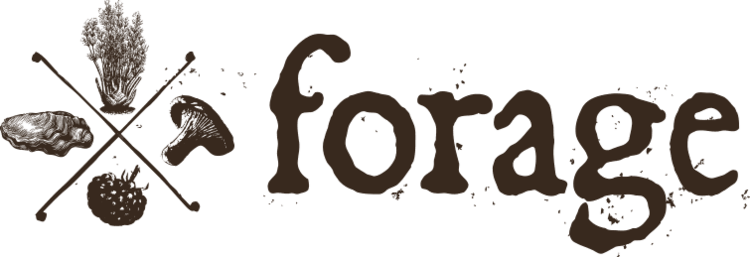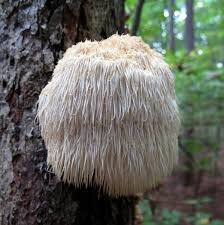The Amazing Medicinal Benefits Of Lion’s Mane Mushrooms
This mushroom has a number of names. Its official Latin name is Hericium Erinaceus, but it is also referred to as the Lion's Mane mushroom, Monkey Head mushroom, Bearded Tooth mushroom, Bearded Hedgehog mushroom, and more. So what’s up with all of the hair and beard references? Well, if you have a look at this kind of mushroom, you’ll notice that they look like little clusters of fungi hair/fur.
The really cool appearance of the Lion’s Mane mushroom isn’t the only reason why they are so popular, though. Some mushrooms can be used to make a delicious meal, while others can be used for medicinal purposes. Lion’s Mane mushrooms have both culinary and medical uses and are a common food item and supplement across Asia.
So, let’s get into what it is that makes Lion’s Mane a true superfood. We’ll start with the brain. Lion’s Mane mushrooms have a couple of special compounds: hericenones and erinacines. These compounds stimulate the growth of brain cells, which makes for improved cognitive ability. Research shows that Lion’s Mane extract may help speed recovery for those who have suffered an injury to their nervous system.
As we learn more about our bodies, it’s becoming more and more clear that inflammation is the root of many common health issues. Inflammation has even been linked with anxiety and depression, which are things that over a third of the world struggle with. Lion’s Mane extract is a proven anti-inflammatory that has a number of positive health effects for both the body and the mind.
Research also shows that Lion’s Mane mushrooms help boost the immune system by improving gut health, which protects against pathogens. While clinical trials are lacking for this fungi, scientists have reason to believe that Lion’s Mane mushrooms may help fight against a number of serious medical conditions, including heart disease and cancer. The extract from this mushroom is often used in over-the-counter medication.
However, Lion’s Mane extract isn’t the only way to benefit from the healthy properties of this mushroom. You can cook them, dry them, steep them into a tea, or even eat them raw. A lot of people believe that these mushrooms taste similar to crab or lobster. Although not generally considered one of the tastier mushrooms out there (in North America, at least), you can imagine all of the cooking possibilities for this unique-looking mushroom that possesses a rare flavor.
A great way to enjoy Lion’s Mane mushrooms is by putting them into a sandwich. When these mushrooms are cooked in butter, they have a meaty texture and truly taste similar to seafood. You could try out at Lion’s Mane Swiss burger, a mushroom “lobster/crab” roll, etc.
Lion’s Mane mushrooms grow right here in Northern California. They can be found fruiting in the fall until mid-winter. They like to grow on hardwoods or fallen logs. At times, these mushrooms will grow pretty high up in the trees. As always, make sure to take all of the necessary precautions when you are out foraging.
Want to find your own? We have mushroom foraging classes all season in Marin, Sonoma, and the Santa Cruz Mountains.


